Your cart is currently empty!
Tag: Ethics Professionals Game Corporation
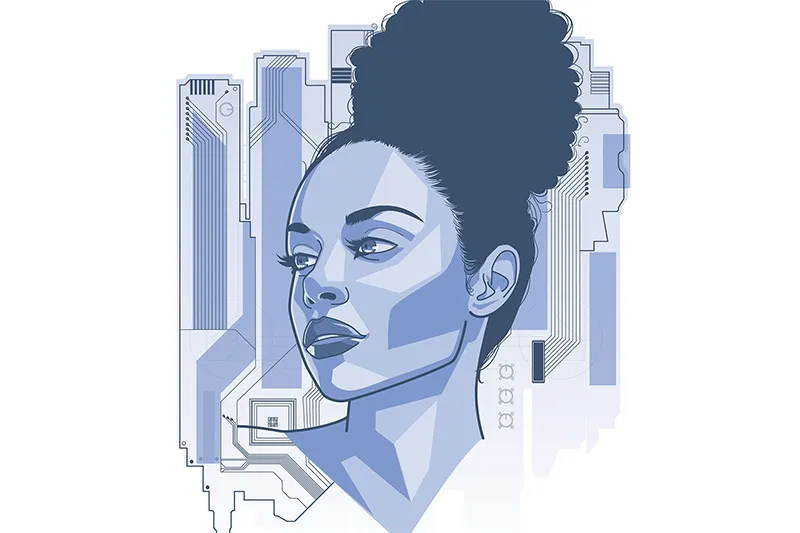
Diversity and Representation in Games: A Critical Analysis
Video games are a powerful medium of entertainment, education, and expression. They can immerse players in rich and diverse worlds, challenge them with complex problems, and inspire them with compelling stories. However, video games also have a responsibility to reflect the diversity of their audiences and the society they are part of. In this blog post, I will explore the issue of representation in video games, focusing on three aspects: the gender disparity in the gaming industry, the portrayal of women and minorities in games, and the need for more diverse characters and narratives.
The Gender Disparity in the Gaming Industry
One of the main challenges facing the gaming industry is the lack of gender diversity among its workforce. According to a 2019 report by the International Game Developers Association (IGDA), only 24% of game developers identified as female, while 74% identified as male. This gender gap has implications for the types of games that are produced, the perspectives that are represented, and the experiences that are catered to. For instance, a 2018 study by Quantic Foundry found that female gamers preferred genres such as simulation, casual, puzzle, and adventure, while male gamers preferred genres such as strategy, action, shooter, and role-playing. However, these preferences do not necessarily match the availability of games in the market. For example, a 2019 analysis by Statista showed that action was the most popular genre among game releases on Steam, accounting for 21.2% of all games, while simulation was only 5.8%. This suggests that there is a mismatch between the demand and supply of games for different genders.
The Portrayal of Women and Minorities in Games
Another issue related to representation in video games is the portrayal of women and minorities in games. Historically, video games have been dominated by white male protagonists, often featuring stereotypical or sexualized depictions of women and people of color. For example, a 2016 study by Williams et al. found that only 10.7% of playable characters in 571 games were female, while 85.2% were male. Moreover, only 2.7% of playable characters were black, while 76.2% were white. These numbers indicate a severe underrepresentation of women and minorities in video games, especially considering that they make up a significant portion of the gaming population. According to a 2020 report by the Entertainment Software Association (ESA), 41% of gamers in the US were female, while 39% were people of color.
The Need for More Diverse Characters and Narratives
The lack of diversity and representation in video games not only affects the gaming industry itself but also its social and cultural impact. Video games can influence how players perceive themselves and others, shape their attitudes and values, and foster empathy and understanding. Therefore, it is important to have more diverse characters and narratives that reflect the reality and complexity of human diversity. By creating more inclusive and respectful representations of women and minorities in video games, game developers can not only expand their audience and market potential but also contribute to social change and justice.
The Future of Ethical Gaming: A Vision for Tomorrow
As video games become more advanced and pervasive, they face new ethical challenges and opportunities. In this blog post, I will speculate on the future of ethical gaming, discussing how emerging trends like AI and blockchain could influence the ethical landscape of the gaming industry.
AI and Ethical Gaming
Artificial intelligence (AI) is one of the most promising and disruptive technologies in the gaming industry. AI can enhance various aspects of game design and development, such as graphics, sound, gameplay,
storytelling, personalization, and accessibility. However, AI also poses ethical risks and dilemmas for game developers and players alike.Some of the ethical issues with AI in gaming are:
- How can game developers ensure that AI-generated content is appropriate and respectful for different audiences and cultures?
- How can game developers protect the privacy and security of players’ data when using AI to collect
and analyze their behavior and preferences. - How can game developers prevent or mitigate the potential harms of AI-enabled cheating,
hacking, or manipulation in online games? - How can game developers balance the trade-offs between realism and morality when creating
AI-driven characters or scenarios?
These are some of the questions that game developers will have to grapple with as they adopt AI in their games. To address these issues, game developers will need to adopt ethical principles and guidelines for AI use in games, such as transparency, accountability, fairness, safety, privacy, and human dignity.
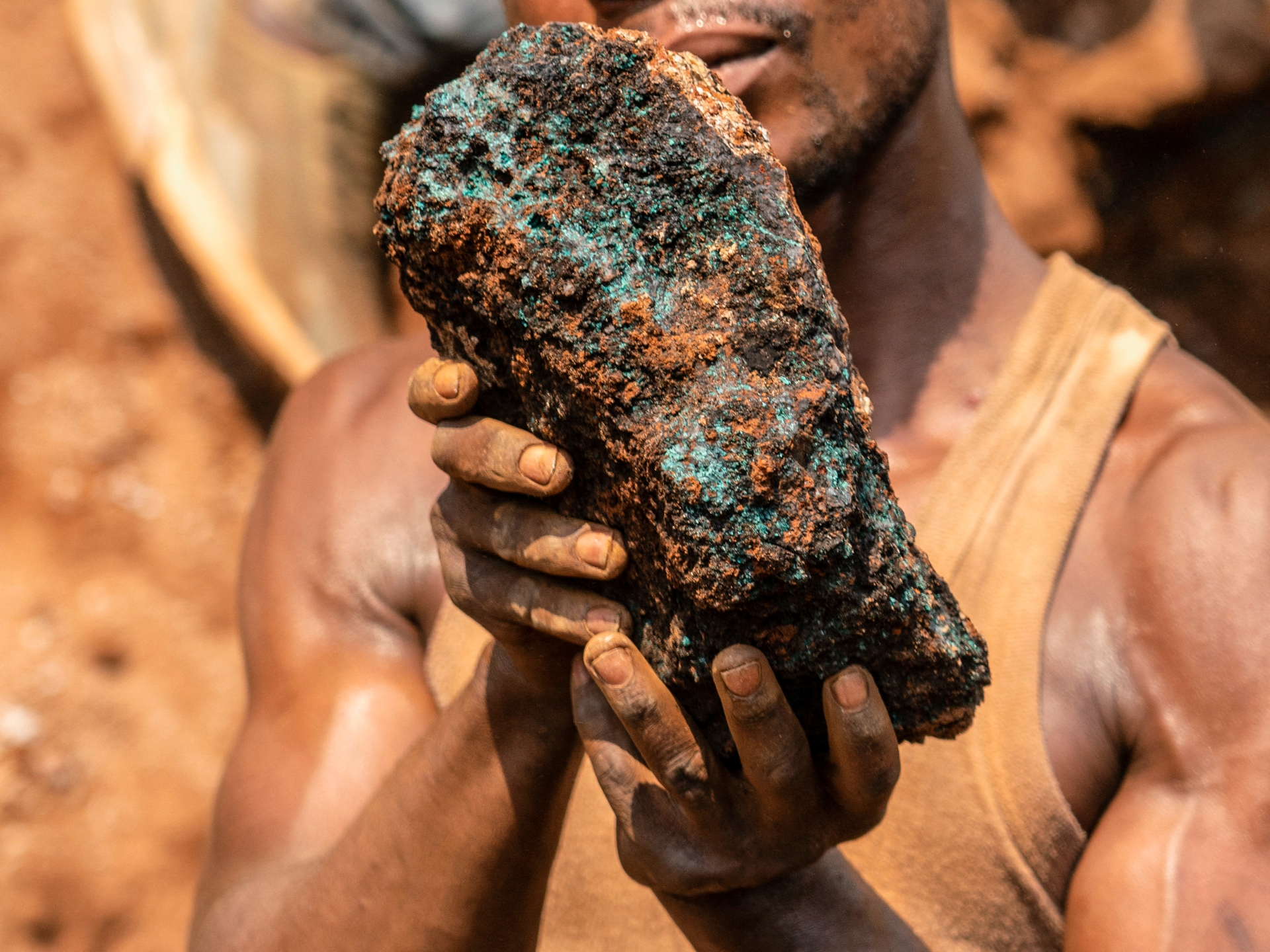
Congo Cobolt Crisis
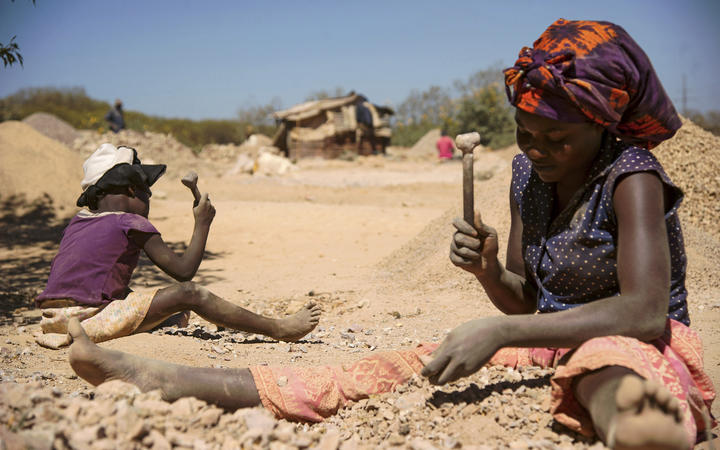
Cobalt is a key element in the production of batteries, magnets, and other components for semiconductor technologies. However, the extraction of cobalt often involves unethical and illegal practices, such as child labor, human rights violations, and environmental degradation. According to Amnesty International, more than half of the world’s cobalt supply comes from the Democratic Republic of Congo (DRC), where armed groups and militias control many mines and force workers to operate under harsh and dangerous conditions. Children as young as seven are exposed to physical and psychological harm, as well as the risk of fatal accidents and diseases.
ECOSYSTEM
How Do We Adress This Issue?
As a company that values ethics and social responsibility, Ethics Professionals Game Corporation (EPGC) condemns these practices and expresses its solidarity with the people of Congo who suffer from this exploitation. We believe that cobalt mining should be regulated by international standards and monitored by independent organizations to ensure the protection of human rights and the environment. We also support the efforts of local communities and civil society groups to demand justice and accountability from the perpetrators of these abuses.
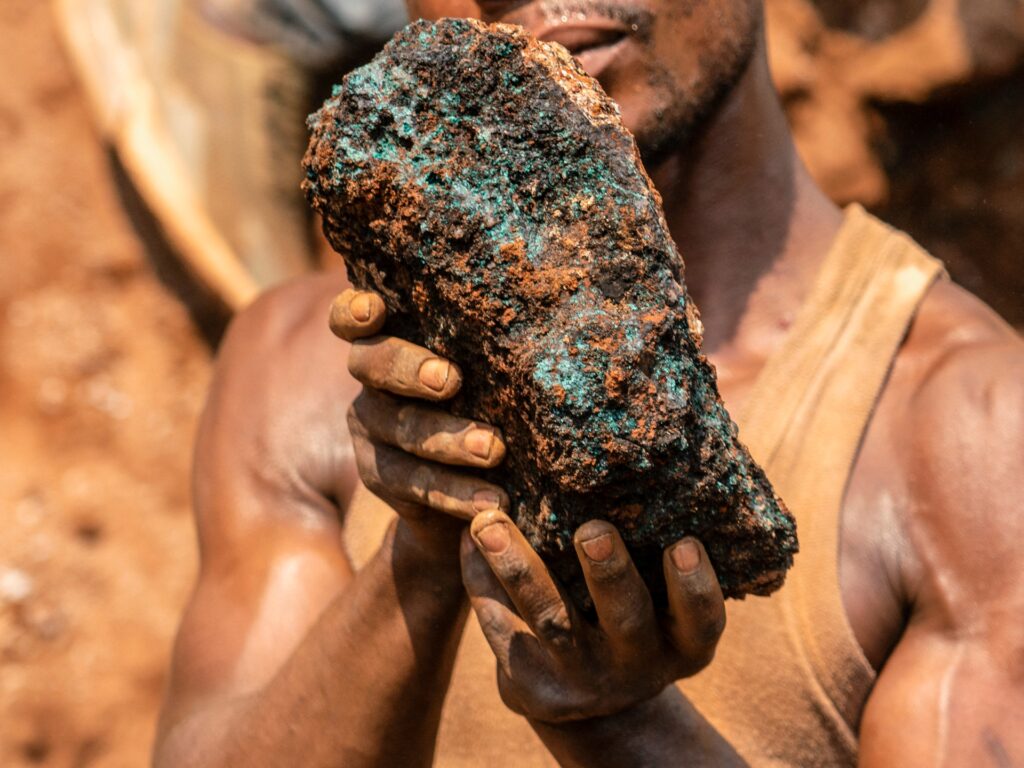
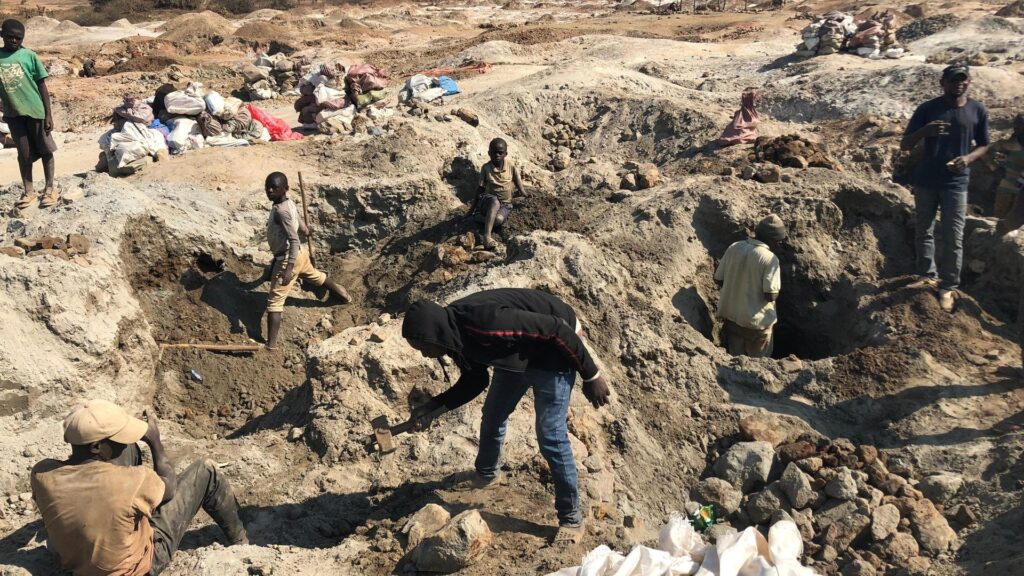
In addition, we are committed to helping the people of Congo in their struggle for dignity and development. We donate a portion of our profits to humanitarian and development organizations that provide essential services and assistance to the affected populations. One of these organizations is the International Rescue Committee, an international humanitarian aid organization with a long history of supporting people displaced by war, persecution, or natural disasters. The IRC was founded in 1933 as the International Relief Association, at the request of Albert Einstein, to assist German victims and enemies of Nazism. 1942 it merged with the Emergency Rescue Committee, which was formed to rescue European refugees trapped in Vichy France. Since then, the IRC has expanded its operations to over 40 countries, providing relief, rehabilitation, protection, post-conflict development, and resettlement services to millions of needy people. The IRC also works to improve the health, safety, education, economic well-being, and power of people affected by the crisis. We are also sponsoring educational and vocational programs that empower young people and women to pursue their dreams and aspirations. We are also advocating for political and economic reforms that can foster peace and stability in the region. We believe that these actions will not only benefit our company but also contribute to a more sustainable and peaceful world.
The ethics of cobalt mining and child labor concerning parts in semiconductor technologies is a complex and urgent issue that requires global attention and action. Cobalt is a key component of lithium-ion batteries, which are used in electric vehicles, smartphones, laptops, and other devices. However, the majority of the world’s cobalt supply comes from the Democratic Republic of the Congo (DRC), where many mines are unregulated, unsafe, and exploitative. According to various sources, an estimated 40,000 children are working in dangerous cobalt mines in the DRC, where they face exposure to toxic dust, physical injuries, violence, and abuse. These children are paid as little as $1.5-$2 a day for 12-hour shifts or longer while risking their health and education.
As a company that values ethics, human rights, and social responsibility, Ethics Professionals Game Corporation (EPGC) condemns the use of child labor in cobalt mining and expresses its support and solidarity for the people of Congo who suffer from this injustice. EPGC is committed to ensuring that its products do not contribute to the exploitation of children or the environmental degradation caused by cobalt mining. Therefore, EPGC has taken the following steps to address this issue:
- EPGC has joined the Responsible Cobalt Initiative (RCI), a multi-stakeholder platform that aims to improve the governance, transparency, and sustainability of the cobalt supply chain in the DRC. The RCI was initially proposed by upstream and downstream enterprises of the global cobalt supply chain and relevant organizations in 2016. The RCI promotes cooperation with the government of the DRC, civil society, and affected local communities to take and support actions that address the risks and challenges in the cobalt supply chain. The RCI also implements the OECD Due Diligence Guidance for Responsible Supply Chains of Minerals from Conflict-Affected and High-Risk Areas.
- EPGC has adopted a due diligence policy that requires its suppliers to trace the origin of their cobalt and verify that it does not involve child labor or human rights violations. EPGC also conducts regular audits and inspections of its suppliers to ensure compliance with this policy.
- EPGC has invested in research and development of alternative battery technologies that can reduce or eliminate the dependence on cobalt, such as solid-state batteries, lithium-sulfur batteries, sodium-ion batteries, or hydrogen fuel cells.
- EPGC has donated to various organizations that work to improve the living conditions, education, and empowerment of children and communities affected by cobalt mining in the DRC, such as Amnesty International, UNICEF, and Save the Children.
EPGC believes that these actions are not only ethical but also beneficial for its business, as they enhance its reputation, customer loyalty, and social impact. EPGC also calls on other companies, governments, and consumers to join the efforts to end child labor in cobalt mining and create a greener and fairer future for all.
How can you help fight child labor in cobalt mining?
As a consumer, you can also play a role in fighting child labor in cobalt mining by making informed choices about your purchases. Here are some ways you can help:
- Check the labels or websites of your products to see if they disclose their cobalt sources or their due diligence policies. If they do not, contact them and ask them to do so.
- Choose products that use less or no cobalt, such as those with alternative battery technologies or renewable energy sources.
- Support organizations that advocate for human rights, environmental protection, and social justice in the DRC, such as Amnesty International, UNICEF and Save the Children. You can donate money, sign petitions, join campaigns, or volunteer your time and skills.
- Educate yourself and others about the issue of child labor in cobalt mining and raise awareness among your family, friends, and community.
What are some alternative battery technologies?
Some alternative battery technologies that can reduce or eliminate the dependence on cobalt are:
- Solid-state batteries: These batteries use solid electrolytes instead of liquid ones, which can improve safety, energy density, and lifespan. They can also operate at higher temperatures and lower voltages than lithium-ion batteries.
- Lithium-sulfur batteries: These batteries use sulfur as a cathode material instead of cobalt, which can lower costs, increase capacity, and reduce environmental impact. However, they also face challenges like low cycle life and poor stability.
- Sodium-ion batteries use sodium instead of lithium as an anode material, making them cheaper, more abundant, and less flammable than lithium-ion batteries. However, they also have lower energy density and performance than lithium-ion
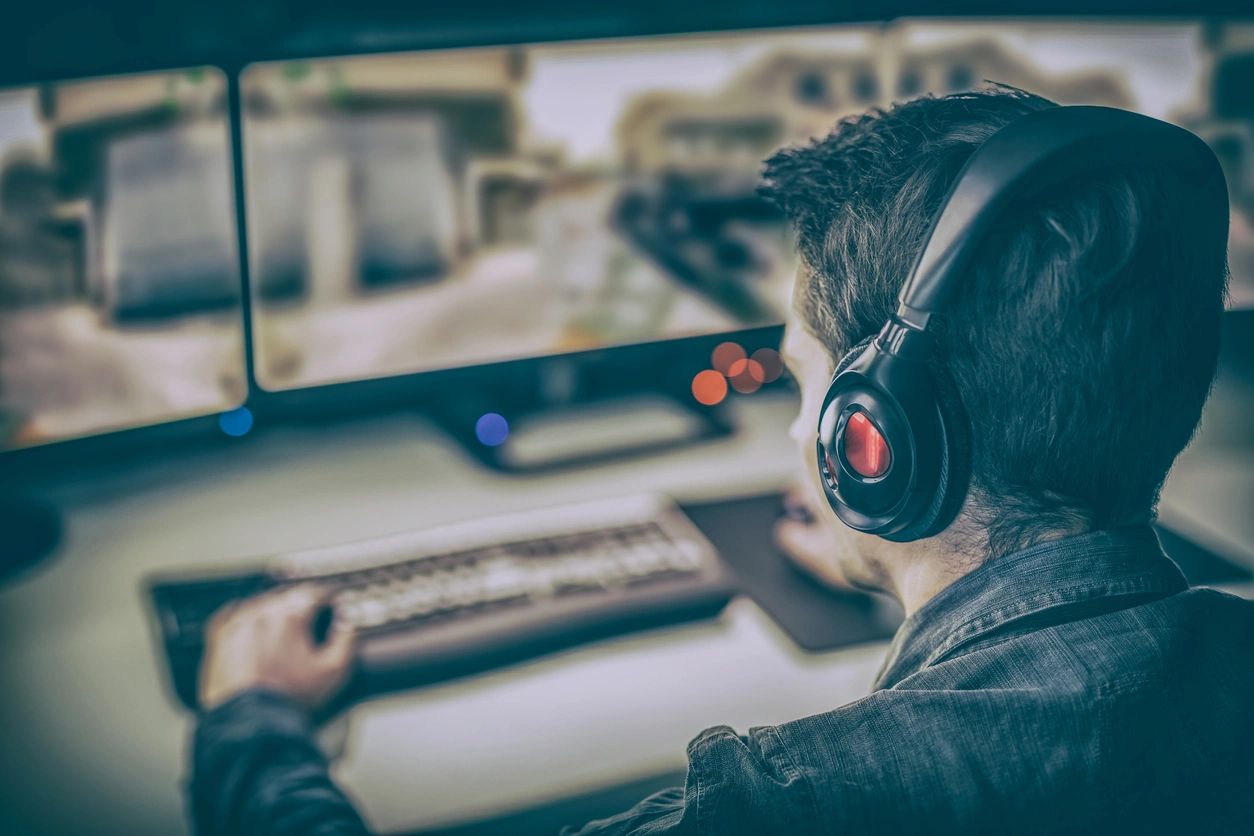
What is a social construct and explain social constructionism
A social construct is a complex concept or practice shared by a society or group, not arising from any natural or innate source but built on the assumptions upheld, usually tacitly, by its members. For example, countries, money, and virginity are all social constructs. They exist because humans agree that they exist and assign them meaning and value.
Social constructionism is a theory that explores how humans create such constructs to make sense of the objective world. It argues that reality is not given, but rather constructed through human interaction and interpretation. Social constructionism also examines how social constructs can change over time and vary across cultures and contexts.
One of the main goals of social constructionism is to analyze how social phenomena are created, institutionalized, and made into tradition by humans. It also aims to challenge the taken-for-granted assumptions about reality and expose the power dynamics and inequalities that are embedded in them.
Some examples of social phenomena that are studied by social constructionists are race, gender, sexuality, class, religion, disability, and mental illness. These are not fixed or natural categories, but rather fluid and contingent ones that are shaped by historical, cultural, and political forces. Social constructionists question the origins, meanings, and implications of these phenomena and how they affect human lives.
Social constructionism is not a single unified theory, but rather a diverse and interdisciplinary field that draws from various disciplines such as sociology, psychology, anthropology, philosophy, and linguistics. There are different branches and perspectives within social constructionism, such as postmodernism, feminism, critical theory, discourse analysis, and narrative analysis. Each of these approaches has its assumptions, methods, and contributions to the study of social reality.
Social constructionism is not without criticism. Some of the common critiques are that it is too relativistic, nihilistic, or idealistic. Some critics argue that social constructionism denies the existence of objective reality or universal truths. Others contend that social constructionism ignores the role of material conditions or biological factors in shaping human experience. Still, others claim that social constructionism is too pessimistic or optimistic about the possibility of social change.
Despite these challenges, social constructionism remains an influential and relevant perspective in the social sciences and humanities. It offers a critical lens to examine how human beings create and maintain their social world and how they can transform it for the better.
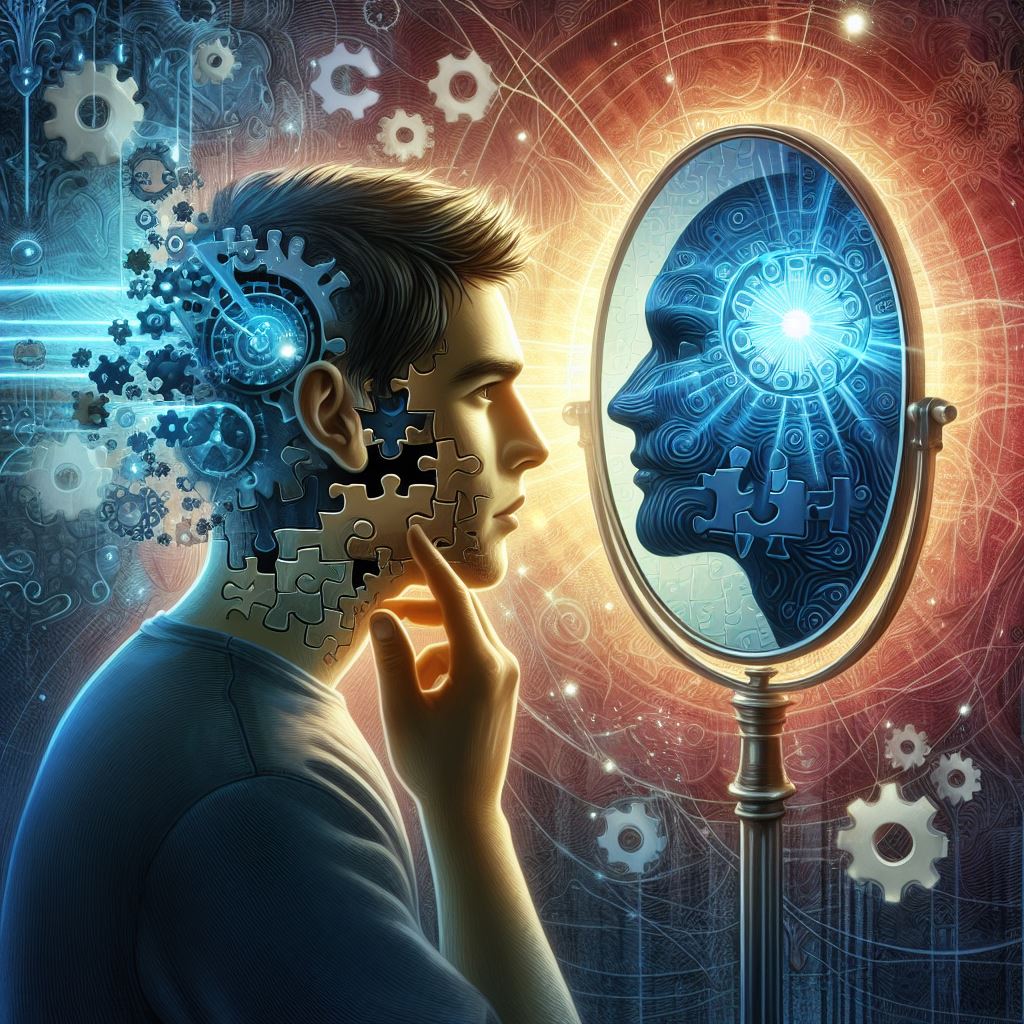
The paradox of self-awareness and how it pertains to ethics
Self-awareness is the ability to reflect on one’s thoughts, feelings, actions, and motives. It is often considered a key component of human intelligence, creativity, and morality. However, self-awareness also poses a paradox: the more we know ourselves, the more we may doubt ourselves, question our values, and struggle with existential dilemmas.
In this blog post, I will explore the paradox of self-awareness and how it pertains to ethics. I will argue that self-awareness is both a blessing and a curse for ethical decision-making and that we need to balance it with other sources of moral guidance, such as empathy, reason, and intuition.
Self-awareness and ethical challenges
One of the benefits of self-awareness is that it enables us to examine our ethical beliefs and principles and to align our actions with them. By being aware of our moral standards, we can avoid hypocrisy, inconsistency, and self-deception. We can also learn from our mistakes, improve our moral reasoning, and develop our moral character.
However, self-awareness also exposes us to ethical challenges that may not arise for less self-aware beings. For example:
– Self-awareness can lead to moral uncertainty and relativism. The more we reflect on our ethical judgments, the more we may realize that our personal biases, cultural backgrounds, social contexts, and emotional states influence them. We may also encounter conflicting moral perspectives from other people or sources of authority. This can make us doubt the validity and universality of our moral claims and undermine our confidence in making ethical decisions.
– Self-awareness can lead to moral dilemmas and trade-offs. The more we consider the consequences of our actions, the more we may face situations where there is no clear or optimal ethical choice. We may have to balance competing values, interests, rights, and duties, or choose between the lesser of two evils. We may also have to sacrifice some of our personal goals or preferences for the greater good or a moral duty.
– Self-awareness can lead to moral distress and guilt. The more we evaluate our actions against our ethical standards, the more we may realize that we have failed to live up to them. We may feel remorse for harming others, violating their rights, or regret missing opportunities to do good or fulfill our obligations. We may also feel responsible for the suffering or injustice in the world that we cannot prevent or alleviate.Balancing self-awareness with other sources of moral guidance
How can we overcome the paradox of self-awareness and make ethical decisions in a complex and uncertain world? I suggest that we need to balance our self-awareness with other sources of moral guidance that can complement and correct our self-reflection. These sources include:
– Empathy: Empathy is the ability to understand and share the feelings of others. It can help us to appreciate the perspectives and experiences of those who are affected by our actions, and to respect their dignity and autonomy. Empathy can also motivate us to care for others and to act compassionately.
– Reason: Reason is the ability to use logic and evidence to evaluate arguments and claims. It can help us to avoid fallacies and biases in our moral reasoning, and to justify our ethical judgments with rational grounds. Reason can also help us to resolve moral conflicts and dilemmas by applying universal principles and rules.
– Intuition: Intuition is the ability to sense or know something without conscious reasoning. It can help us to access our subconscious moral values and instincts, and to act spontaneously and authentically. Intuition can also alert us to potential moral problems or opportunities that we may otherwise overlook.What is the difference between empathy and intuition?
Empathy and intuition are both forms of emotional intelligence that can inform our ethical decision-making. However, they are not the same thing. Empathy is based on understanding the feelings of others, while intuition is based on sensing our feelings. Empathy requires perspective-taking and communication skills, while intuition requires self-awareness and trust in one’s gut feelings. Empathy can help us to empathize with others’ moral views, while intuition can help us to express our moral views.
Conclusion
Self-awareness is a valuable but paradoxical trait for ethics. It can help us to align our actions with our ethical standards, but it can also expose us to ethical challenges that may shake our moral confidence. To overcome these challenges, we need to balance our self-awareness with other sources of moral guidance, such as empathy, reason, and intuition. By doing so, we can make ethical decisions that are not only consistent with ourselves but also respectful of others.
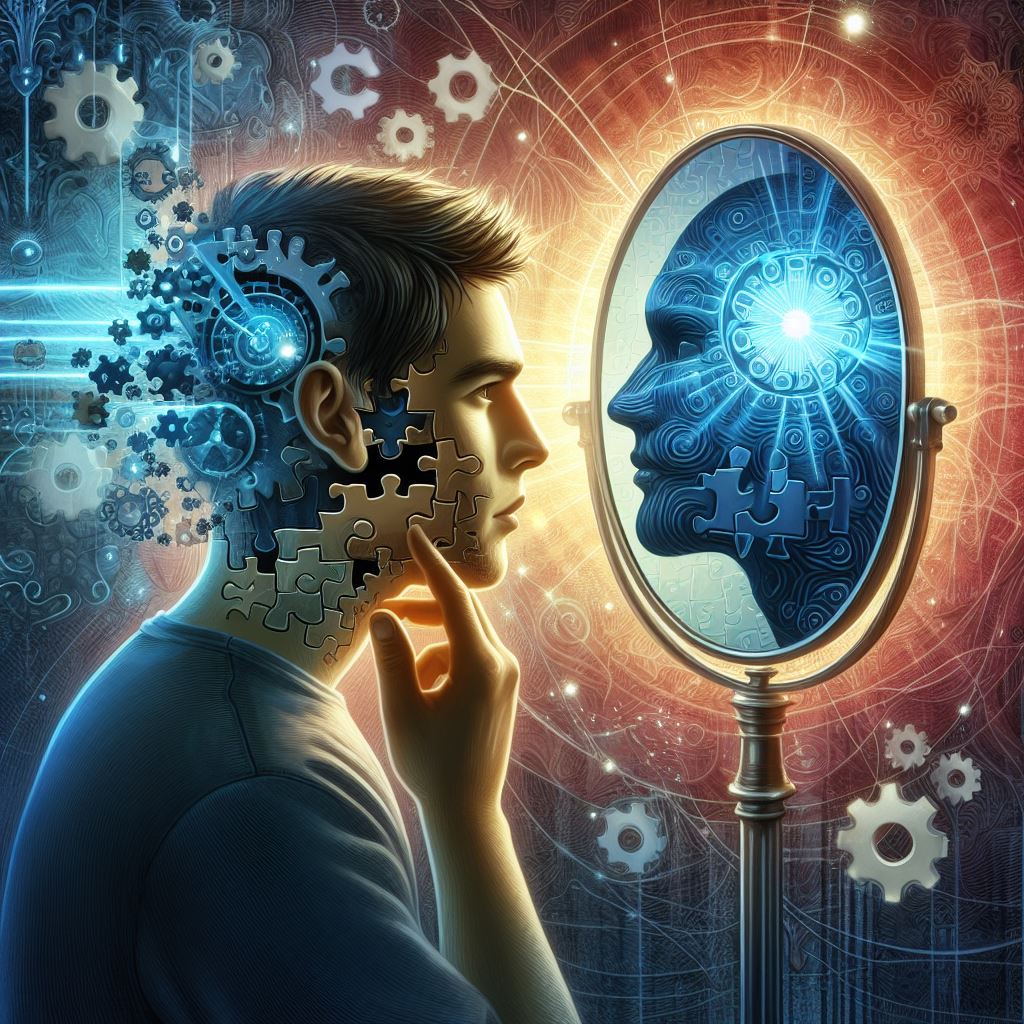
Mission Statement
At Ethics Professionals Game Corporation, we are pioneers at the intersection of technology and the human psyche. Our innovative software solutions delve deep into the intricate dichotomies of the mind, fostering greater insight and understanding. Yet, our ambitions don’t end with mere technological advancements. As staunch advocates for inclusivity in the digital realm, we strive relentlessly to engineer accessible solutions tailored for the disabled community, ensuring everyone can partake in the promise of tomorrow’s technology.
Our commitment to society is twofold. On one hand, we offer lifeline–free consultations aimed at empowering victims of domestic violence, guiding them on a transformative journey from victimhood to survivorship. On the other, we spotlight the glaring gaps in mental health education and research, especially as it pertains to Black and POC communities. Our objective is to reshape the narrative, introducing fresh perspectives to a society that, all too often, dismisses the gravity of these issues.
At our core, ethical considerations fuel our direction. The turbulence of today’s political climate, the heated debates around legislative impacts, and the escalating challenges posed by cyberbullying in a tech-savvy generation underscore our mission’s urgency. By championing free speech, advocating for justice, and challenging societal norms, we hope to pave the way for a more conscious, informed, and empathetic world.
It’s worth noting that our ethos stems from a deeply personal and collective experience. From the challenges faced in the corporate realm, the nuanced understanding of businesses’ intent, to the critical advocacy for mental health, every layer of our journey informs our mission. We pride ourselves on being more than just a for-profit entity. Our genuine desire is to uplift, educate, and support every individual, irrespective of their background, forging an equitable digital society.
In a world where every 40 seconds, someone succumbs to the crippling weight of depression, our mission becomes even more vital. We aim to be a beacon of hope, countering the onslaught of negativity online, and reiterating that not everyone is adversarial. Our motto, ‘Don’t Worry, Ethics Prevail’, stands as a testament to our unwavering commitment.
Founded upon a legacy of resilience and collective support, we recognize the power of community. Whether it’s whistleblowing against digital misconduct, pushing for legislative change, or moderating online platforms to shield users from potential harm, we’re actively shaping a safer, more inclusive digital landscape.
Ethics Professionals Game Corporation represents more than just a corporation. We are a movement, a collective, a force for change. With each software solution, each advocacy campaign, and every individual we support, we are redefining the role of businesses in society, and making strides towards a brighter, more compassionate future. Learn more about our mission and join our journey at [www.progameco.co](www.progameco.co).”